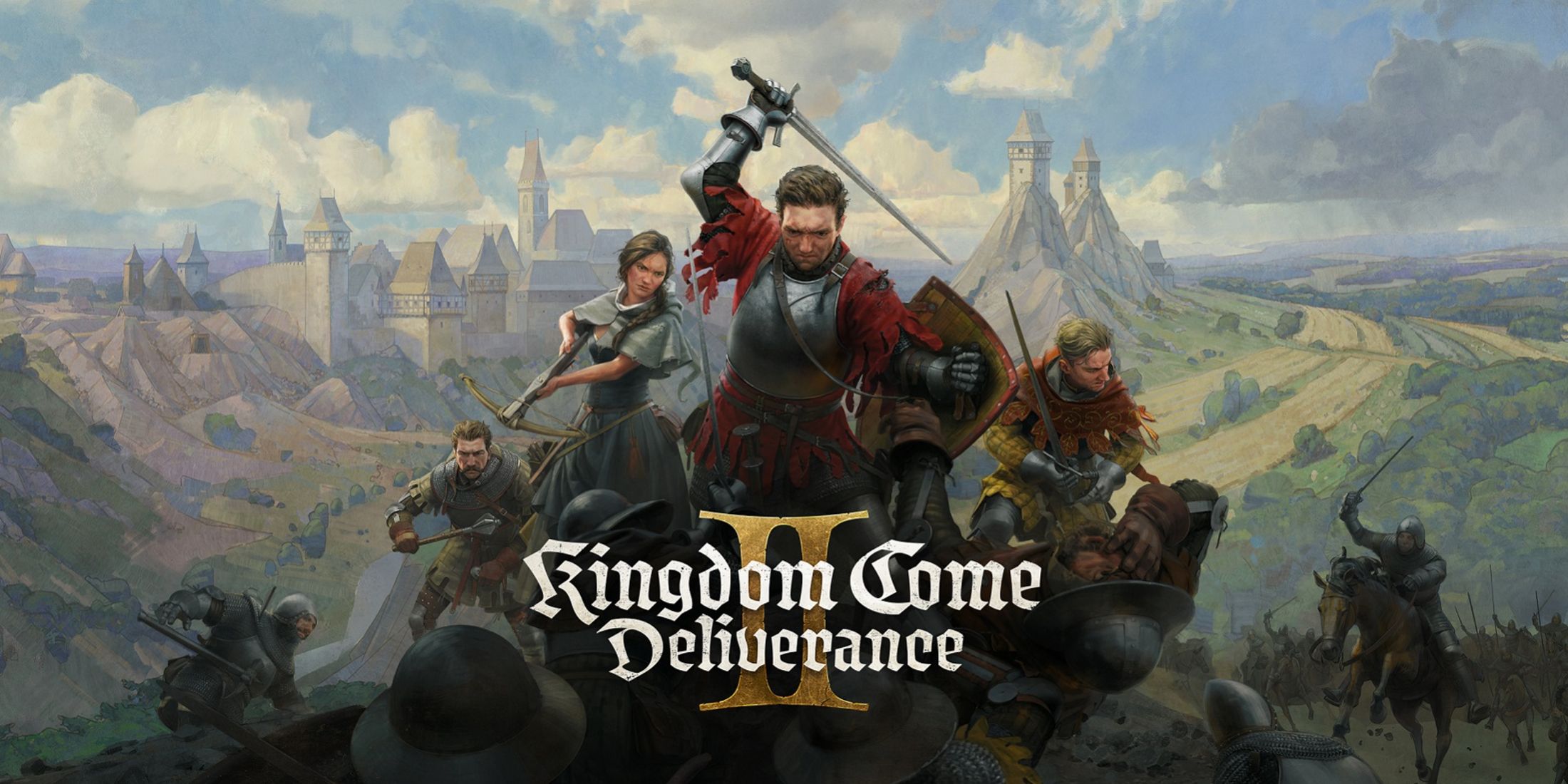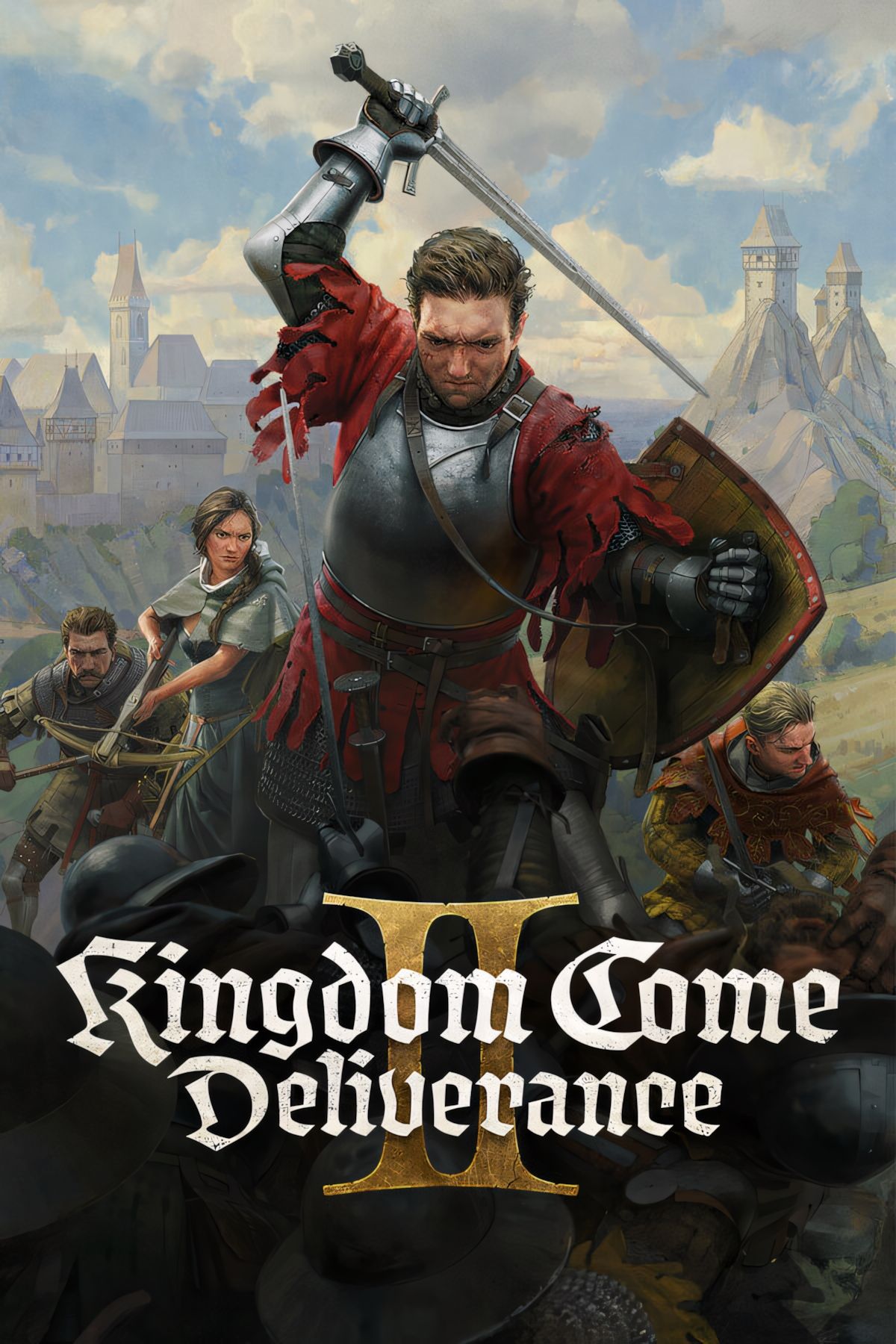Kingdom Come: Deliverance 2 has accomplished what few thought possible: it recaptures the magic of the first game while improving upon it in just about every way. Just like 2018’s Kingdom Come: Deliverance, this is a game that rewards patience and persistence, as mastering its myriad game systems is no easy feat, but a process that lends itself to gradual, ever-increasing satisfaction.
Minor spoilers ahead for Kingdom Come: Deliverance 2.
Given this defining framework, Kingdom Come: Deliverance 2 was faced with a significant challenge early on: recreating the “zero-to-hero” experience of its predecessor. In the first game, protagonist Henry is a modest son of a blacksmith, with few special skills or talents, even lacking the ability to read. But through a slow process of gameplay and narrative progression, players are able to elevate him to the level of a skilled, learned, cultured knight and quasi-noble. This massive difference between Henry at the start of the game and the end is a major reason why KCD works as well as it does, so attempting to recapture that particular dynamic in a sequel is tough. Nevertheless, Warhorse Studios has attempted just that, and the results are a bit complicated.

Related
Everything Revealed About Romance in Kingdom Come Deliverance 2
Fans are learning more about the core mechanics of Kingdom Come: Deliverance 2, with a lot now being known about the title’s romance features.
Kingdom Come: Deliverance 2’s Power Reset Is Clever, Until It Isn’t
How Kingdom Come: Deliverance 2 Justifies Starting from Nothing Again
After a short media-res cold open, Kingdom Come: Deliverance 2 kicks off with Henry and Hans traipsing through the Bohemian countryside, on a journey to deliver a message to Sir Otto von Bergow. What seems like a fairly straightforward, even cushy task soon becomes far more complicated, as Henry and Hans lose all their companions during a raid, along with all their money, clothes, and general supplies, thus stripping them of their prestige and status; characters won’t even recognize their authority as envoys, as they appear more like beggars than nobles.
Thus, Henry is stranded far from home, without his friends, social cache, tools, money, and horse, effectively turning him from a hero back into a zero. This is a rather clever way of addressing the problem of being overpowered due to the events of the first game, especially considering Kingdom Come: Deliverance 2‘s emphasis on subtleties like outfits and NPC interactions. The loss of essential resources, like Henry’s horse and dog, also goes a long way toward making the player feel underpowered without breaking immersion—something that can’t be said about most power resets in sequels. However, much of this immersion and realism is stripped away in a blink-and-you’ll-miss-it moment.
Henry’s “Fall” Undermines Kingdom Come: Deliverance 2’s Clever Power Reset
Power resets can often be contentious, and for good reason: setting a player’s once-godlike avatar back to square one can feel frustrating and underwhelming, not to mention immersion-shattering. The most infamous instances of ridiculous power resetting often hinge on plot contrivances or clichés, like the main character getting amnesia or being “powered down” in a manner that trivializes their abilities. This is why it’s always nice when a game attempts to incorporate a logical, plausible reason for the protagonist losing all their abilities or gear.
Kingdom Come: Deliverance 2 almost succeeds here for the aforementioned reasons, but then Henry suffers a traumatizing fall off a cliff, and the game spurts out a message about how this “terrible fall” is the reason for him losing his various skills. This is a jarringly contrived and goofy explanation for kicking the player back to the starting position, made all the more so by how realistic and nuanced the power reset justifications are until this point, being so subtle that players could be forgiven for not clocking them as practical stage-setting. At the end of the day, power resets are always somewhat ridiculous, so KCD2‘s “fall” explanation isn’t too great a sin. But it is rather silly, especially within the game’s hyperrealistic context.
Source link















Leave a Reply